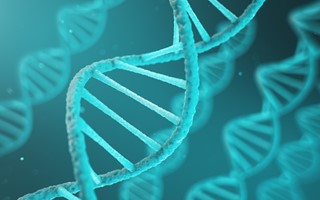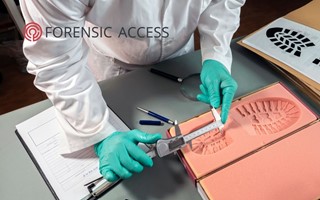News July 27, 2020 2M
In the latest available sexual assault statistics up to the end of March 2019, rapes reported to police increased by 42% to 58,657 when compared to the previous two years figures. However, in the same period, the number that made it to court has fallen to 1,758 cases from 3,671 cases at the end of March 2017.
How can it be that sexual assault cases have increased yet the number of cases that make it to court has fallen by 52%?
In a legal setting, cases of this type are notoriously challenging to navigate for the police, CPS as well as the criminal defence team. In part, this is due to the emotions (including stress, anger, resentment and shame) of the complainant and accused involved.
In many cases, the complaint of sexual assault is made sometime after the event. This can mean that avenues for more traditional forensics such as DNA, body fluid examinations and medical examinations are no longer a useful option for certain items such as intimate swabs. The recovery of evidence with intimate swabs is time sensitive and must be undertaken within days of the assault taking place for any real possibility of useful evidence, However, evidence may persist on other items such as clothing, even when washed and so a time delay does not necessarily preclude such forensic examination methods on these items.
The following is from our webinar for legal professionals on ‘Understanding DNA Evidence in Sexual Assault Cases’. These persistence guidelines need to be taken with caution, as there are many variables that can affect how long semen is present for detection. Dependent upon where the swab is taken from (2 days for persistence in the mouth to the 10 days for presence in the cervix) the evidence is usually all but gone by two weeks.
As a defence solicitor, you may find a situation where your client denies involvement though a forensic report from the Crown suggests otherwise. The Crown scientist may state that the presence of certain body fluids at the scene, on the complainant’s clothing or collected from intimate swabs provides very strong support for your client having been involved.
Yet still, your client is adamant that there was no wrongdoing on his part.
As a result, often these cases revolve around the issue of consent and very small differences in the accounts of each party. What kind of support can a legal professional receive in these kinds of cases, and can forensic science help with this avenue of enquiry?
Imagine if there was a supportive service that could offer you and your client a complete overview of all the scientific evidence in the case. As part of this review, an expert, or a team of them, could provide an explanation of what the science means for your client and their case. Systematically reviewing the body fluid examination and DNA work undertaken by the Crown and possibly conducting further examinations, whilst employing an expert in sexual injuries to re-assess the medical examination of the complainant and provide you with their opinion based on their experience. Alternatively, they may download mobile phone data and social media communications, creating a comprehensive overview of the communications of all parties alleged to have been involved in the incident to see if this supports or refutes the statements made.
Imagine if these experts were on hand to demystify the science throughout the process. To take your client’s statement and relevant context into account and present an independent view of the case in their report whilst being available for case conferences and court.
And imagine if you didn’t have to spend time sourcing and quality checking said experts before you requested the work, that was done for you and was available to you at the click of a button.
Well good news, they are.
This is entirely the model we operate at Forensic Access. A single point of contact ensures that our casework managers do the ‘leg-work’ and liaise with the different experts in your case. Preapproved Experts produce quality checked reports, ensuring all questions posed are answered before the report is issued to you. All saving you time through effective delegation.
By undertaking this full review with the sight of your client’s version of events (something the prosecution expert is not always privy to) the experts will interpret the scientific findings within the full context of the case and your client’s statement. This may result in a different opinion being put forward from that of the Crown expert. We believe, like our founder Professor Angela Gallop, that where forensic evidence is in any way critical to any part of a case, a full criminal defence review should be the first point of call.
There is no denying that sexual assault cases are complex and emotively charged for all parties involved. Delegate effectively and let us take care of the science for you.
To find out more about Toxicology services offered by Forensic Access fill-in our online contact form or Tel: 01235 774870 to speak with our team.


